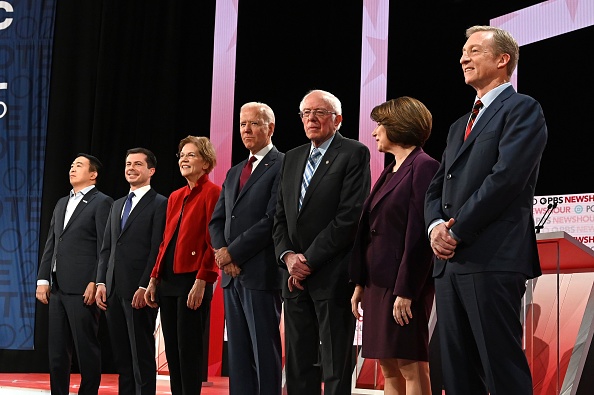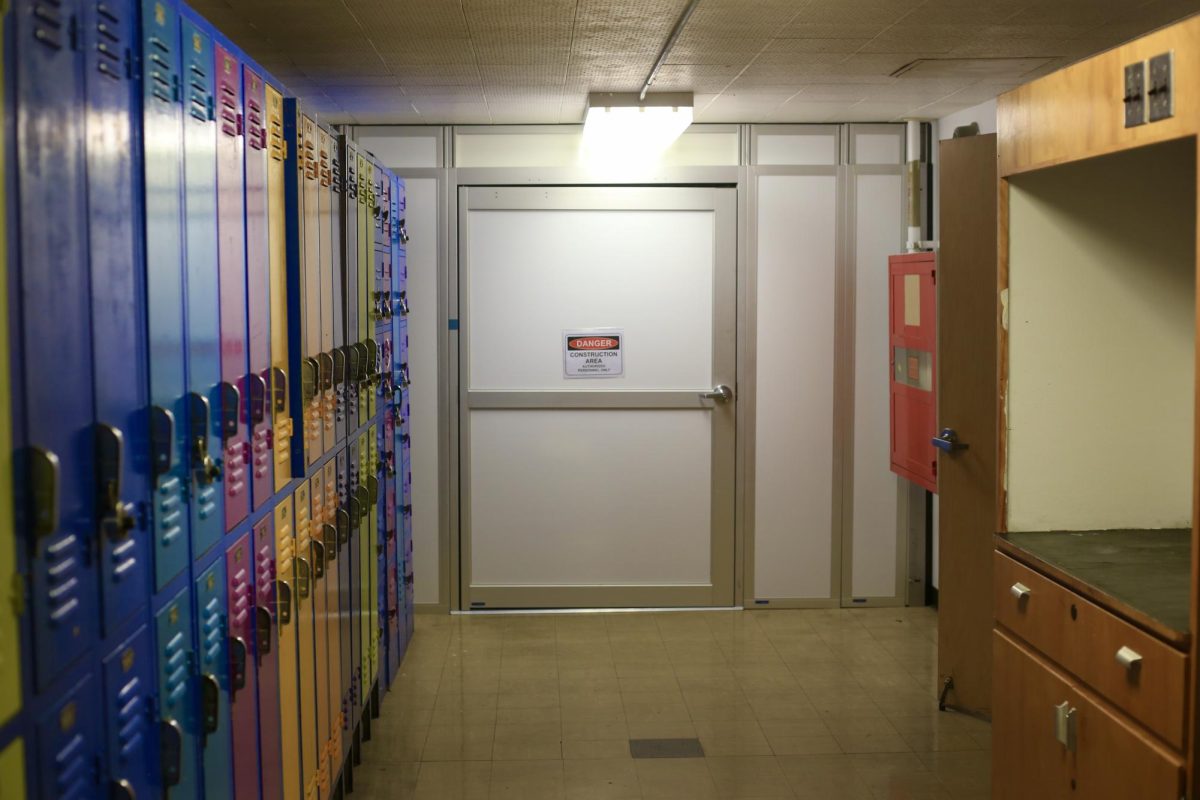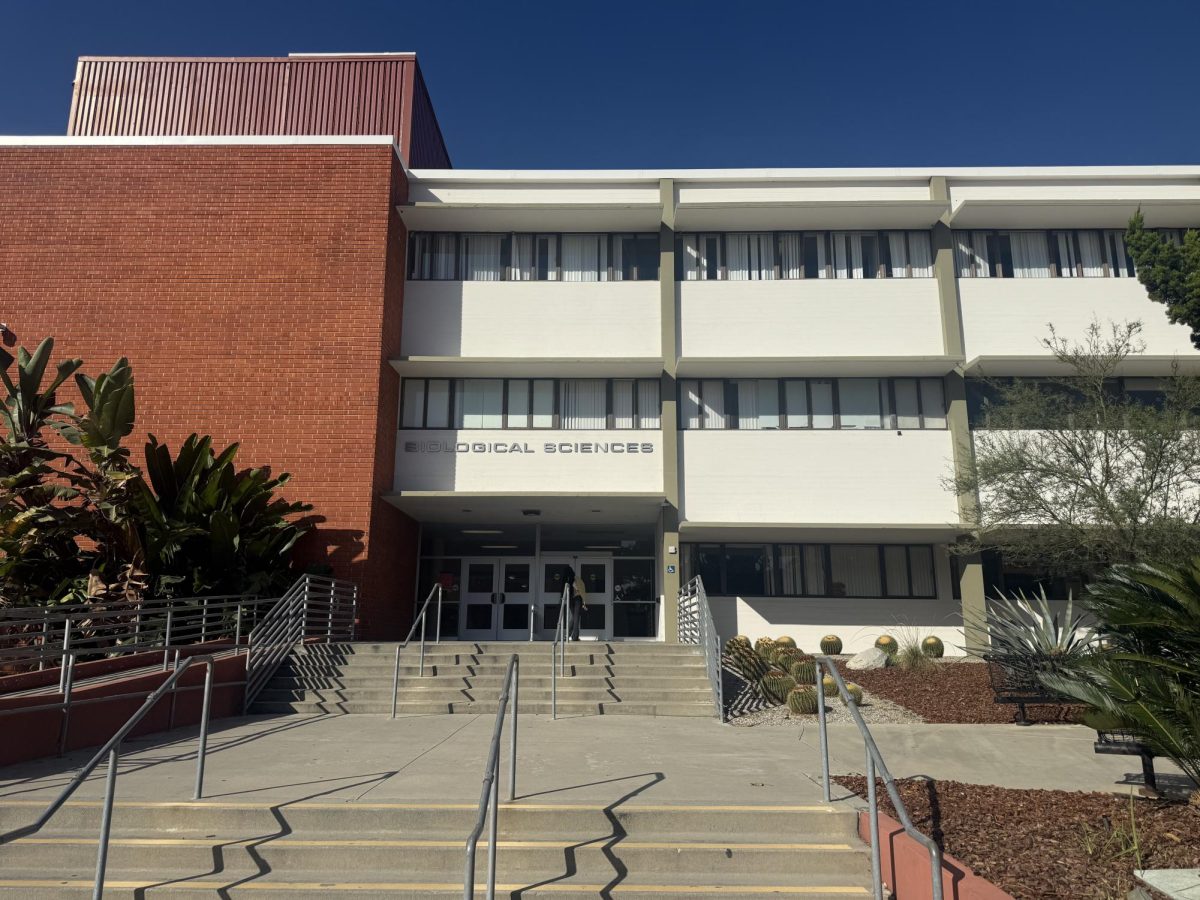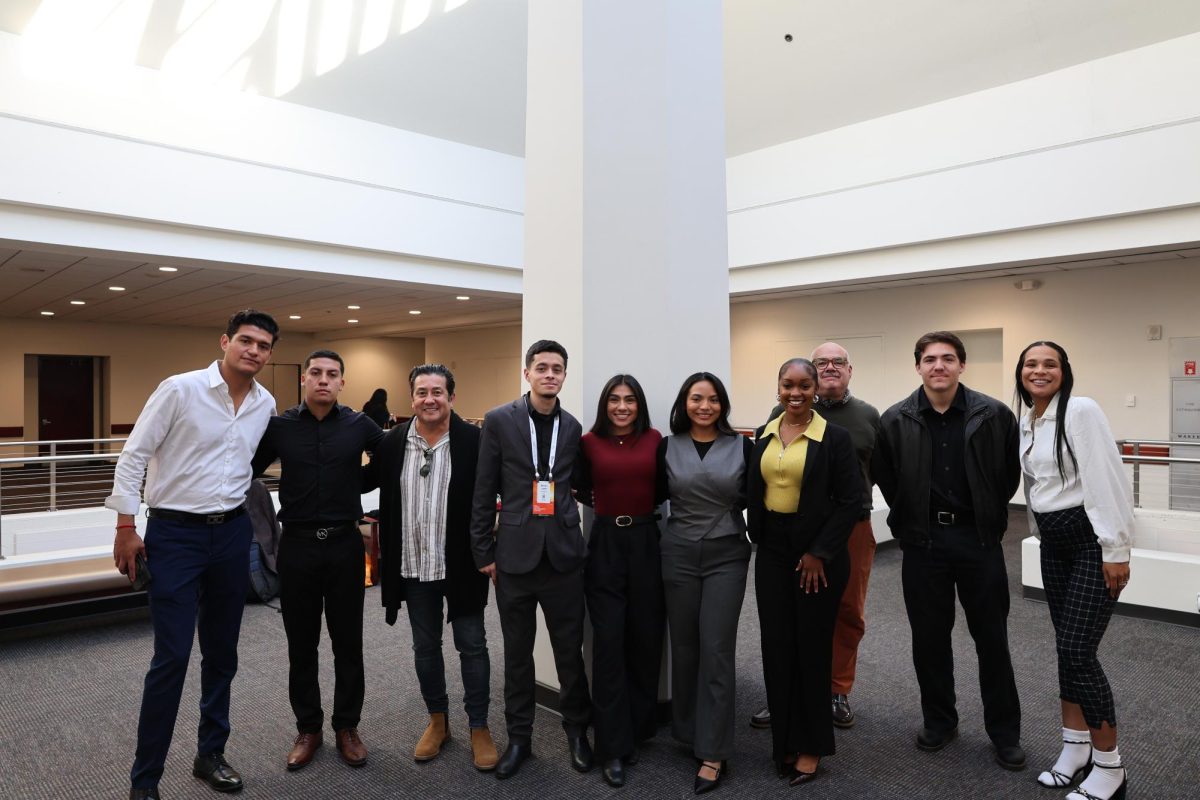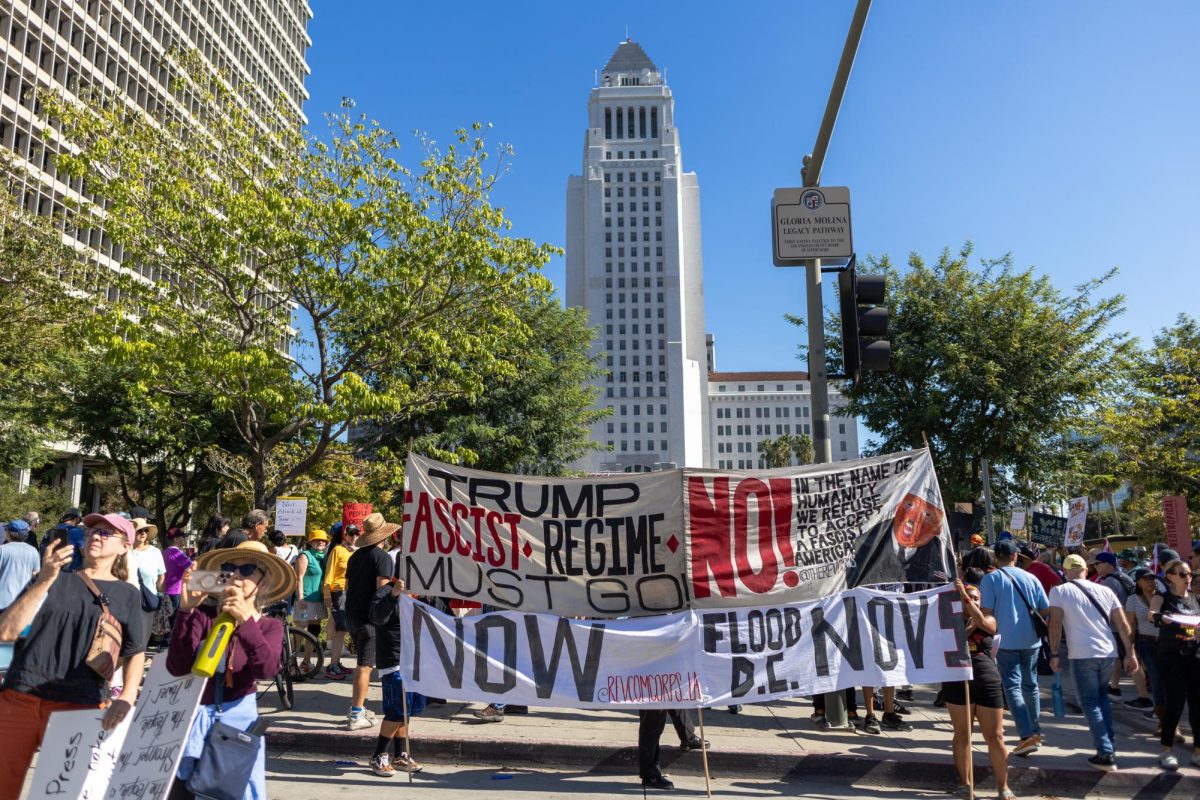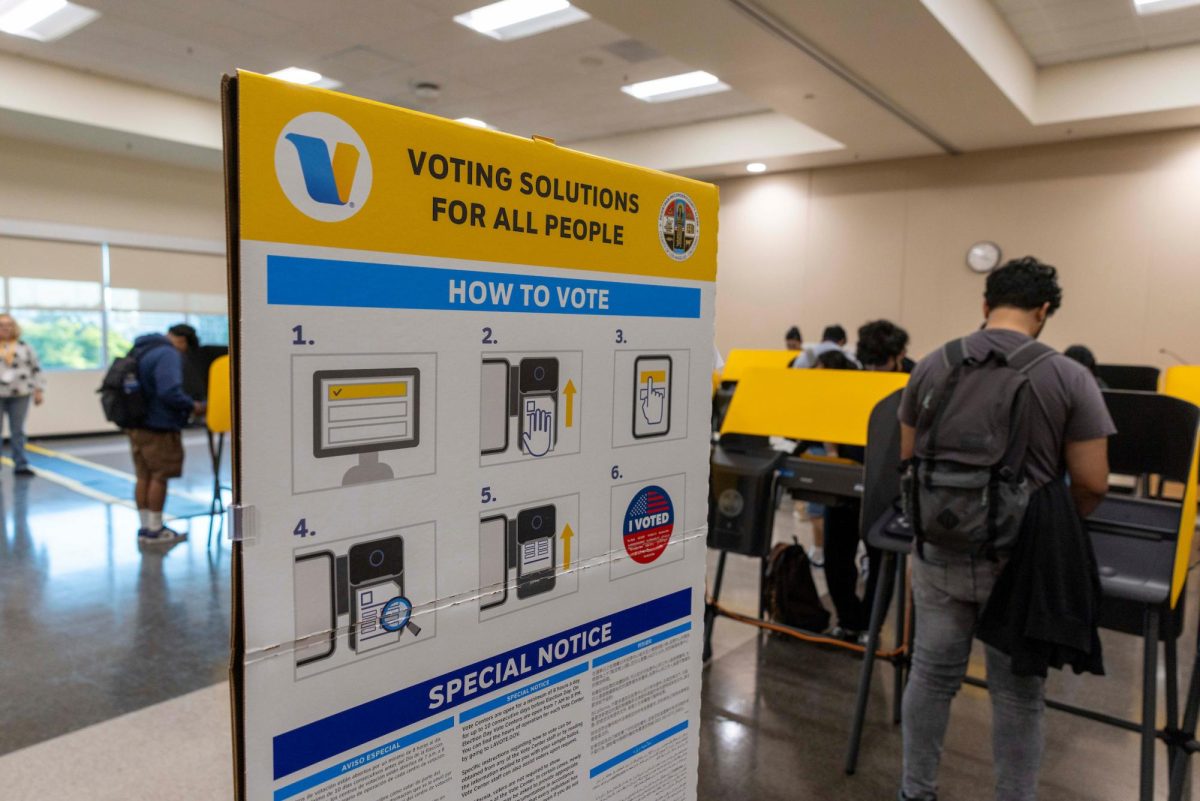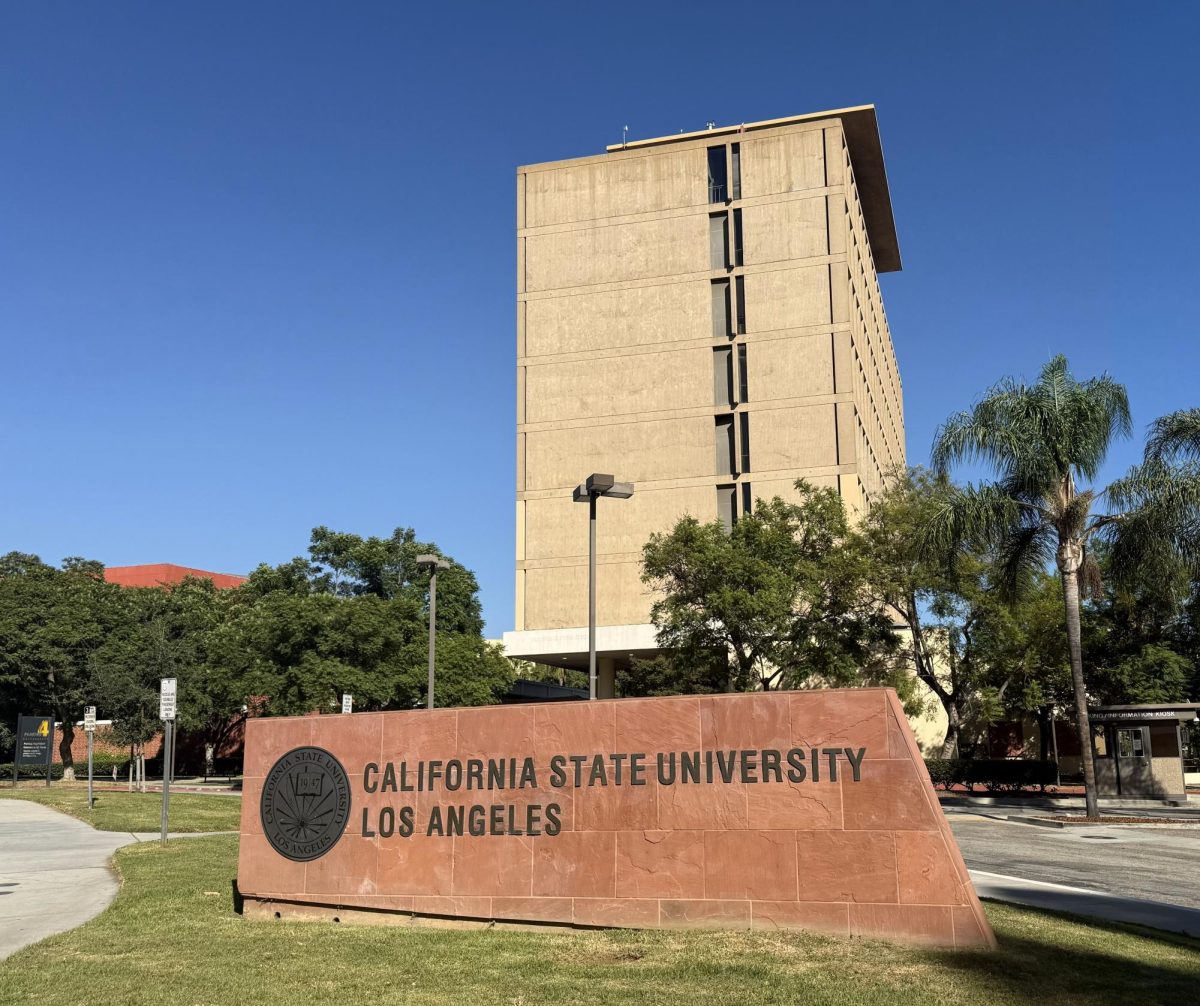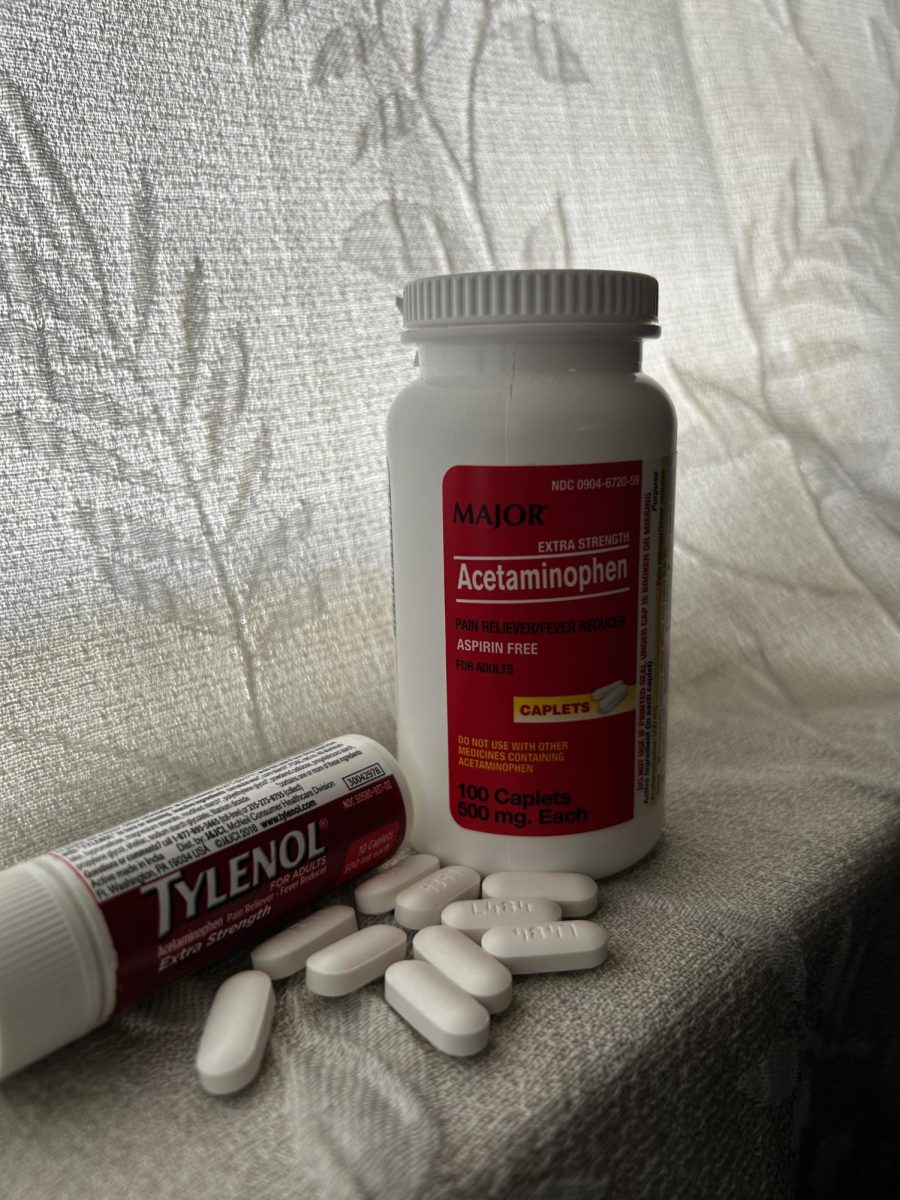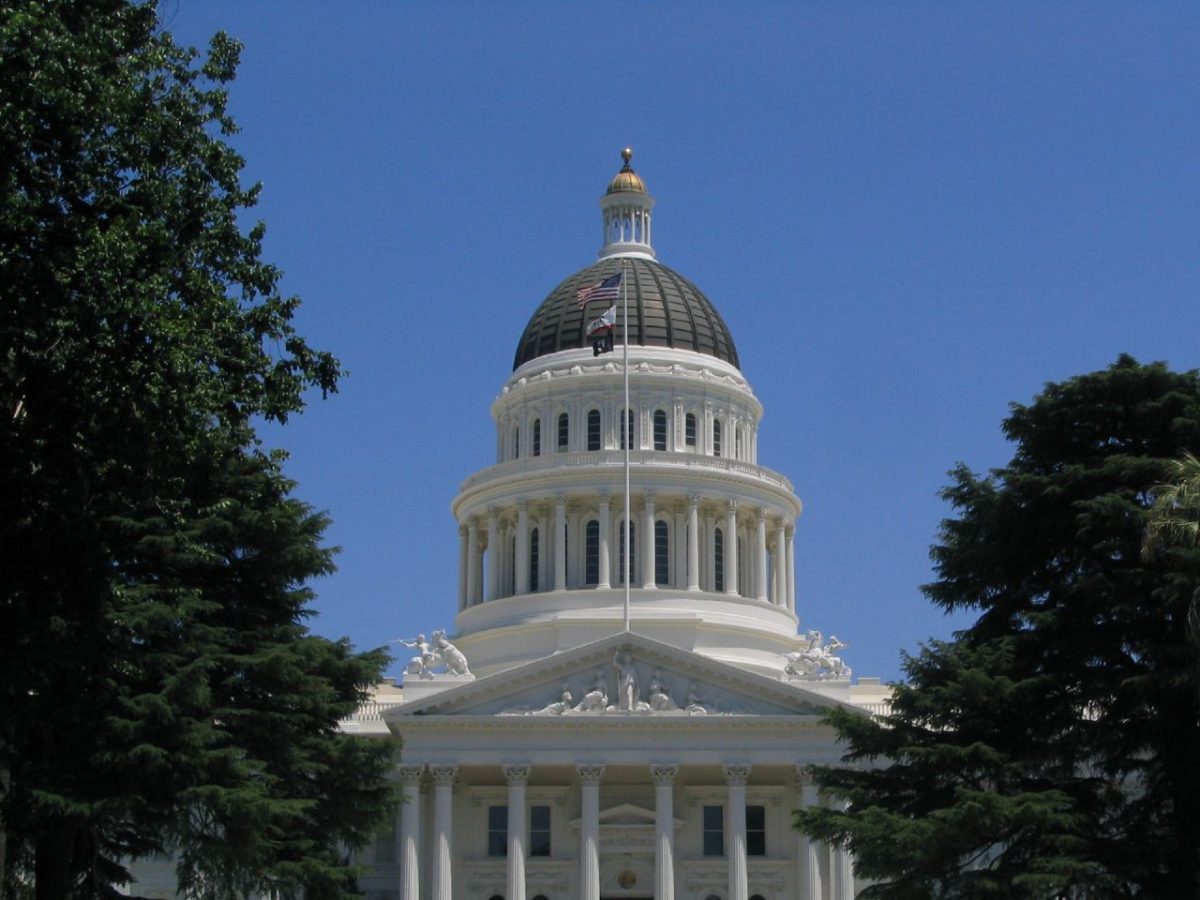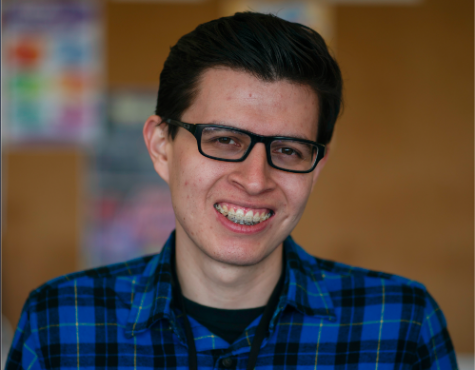The sixth presidential Democratic debate featured the shortest lineup so far this primary season with seven candidates on stage vying for the nation’s highest office. Hosted by PBS Newshour and Politico at Loyola Marymount University in Los Angeles, the candidates discussed several topics and there were certainly some highlights.
The Day After
About 24 hours before the debate, Donald Trump became the third president in U.S. history to be impeached. The first question the Democrats were asked is why “a strong majority of Americans” do not support impeachment. The candidates had various responses. One of the more unique answers came from entrepreneur Andrew Yang.
“It’s clear why Americans can’t agree on impeachment, we’re getting news from different sources, and it’s making it hard for us even to agree on basic facts… and Americans don’t trust the media networks to tell them the truth,” said the political outsider; the only candidate on stage to reference the climate of media distrust and fake news.
While attacking the president is a total norm this primary season, Yang warned about focusing on Trump too much. “What we have to do is we have to stop being obsessed over impeachment, which, unfortunately, strikes many Americans like a ball game where you know what the score is going to be, and actually start digging in and solving the problems that got Donald Trump elected in the first place.”
Billionaire Tom Steyer pointed out he’s the one who launched the so-called “Need to Impeach Movement,” a campaign calling for the removal of Donald Trump. As of October, the campaign will be airing ads on the right wing Fox News network, reported the Washington Post.
Fighting Over the Money
Mayor Pete Buttigieg and Senator Elizabeth Warren are leading neck and neck in average polling in Iowa, the state to kick off the primary election season, the Post reported. The debate stage saw them go head to head in the tensest moment of the night-and the most confrontational encounter between the two so far this campaign season.
It started with Warren denouncing taking in large sums of campaign contributions from the wealthy. While she didn’t call anyone out by name, the mayor responded, “Well, can’t help but feel that might have been directed at me.” He justified courting rich donors as a necessary resource to win the election. “This is our chance. This is our only chance to defeat Donald Trump. And we shouldn’t try to do it with one hand tied behind our backs. The way we’re going to win is to bring everybody to our side in this fight.”
The mayor ridiculed what he called Warren’s fundraising “purity test,” and argued that former president Barack Obama and Speaker of the House Nancy Pelosi would fail it. He said Warren did that kind of fundraising herself “not long ago.” Buttigieg asserted the money he receives from elites would have no influence on him, and cited a Forbes report, which revealed he’s the least wealthy major candidate, trying to portray himself as a non-elitist.
Senator Bernie Sanders entered the exchange juxtaposing the number of wealthy donors supporting Joe Biden and Buttigieg. “My good friend, Joe, and he is a good friend, he’s received contributions from 44 billionaires. Pete… only got 39 billionaires contributing. So, Pete, we look forward to you. I know you’re an energetic guy and a competitive guy to see if you can take on Joe on that issue,” teased Sanders, trying to kill two moderate birds with one progressive stone.
Former Vice President Biden retorted he was not “in the pocket of billionaires.”
The debate over campaign financing reflected the ongoing divide over the progressive and moderate wings of the party.
The Midwestern Candidate
On the less crowded stage, Senator Amy Klobuchar spoke significantly more than in the previous debate. She had the second most speaking time in this most recent debate, (behind Sanders) while she had the seventh most speaking time in the one before, according to data from the New York Times.
The Times also reported she’s “campaigning as a Midwestern pragmatist who gets things done.” Klobuchar emphasized that message, asserting the Democratic party needs a bipartisan nominee that can appeal to rural voters, and work with Republicans in congress. Her rhetoric has merit, as being able to draw in wide swaths of voters, beyond the core base, is key to winning the general election.
She warned not to overlook Middle America — as some speculate that’s what led to Democrats losing those votes in 2016 — when addressing climate change. “The way we take on climate change in a big way is by, yes, talking about what’s happening on the coasts, as I just did, but also talking about what’s happening in the Midwest, where I’m from. It’s not flyover country to me. I live there.”
Healthcare
The Democratic party identity continued being pulled back and forth, between left and farther left, when healthcare came up. Sanders and Biden argued over a public health coverage option (as endorsed by Biden and other moderates) and “Medicare for All,” variations of which Sanders and Warren advocate for.
Klobuchar jumped in saying, “I think you can be progressive and practical at the same time. That is why I favor a public option…” She added, “And the way I look at it, if you want to bridge — build — if you want to cross a river over some troubled waters, you build a bridge, you don’t blow one up. And I think that we should build on the Affordable Care Act.”
The progressives have been pushing to revamp the whole system, while moderates insist on improving or expanding it instead. It brings to focus the voter concern of electability, on which candidate has a better chance to beat Trump by appealing to centrist and swing voters.
A Lack of Diversity
Yang was the only person of color on stage- ironically, he also had the least amount of speaking time with just under 11 minutes, according to the Times. That’s slightly more than half the speaking time Sanders had.
Despite attending every debate so far this cycle, Yang has had fewer total mentions on CNN, Fox News and MSNBC in 2019 compared to Steyer, who didn’t appear on stage for the debates until October. He also has less mentions compared to Congresswoman Tulsi Gabbard, who did not qualify for this latest debate, reported the Times. During his closing remarks, the businessman said, “I know what you’re thinking, America. How am I still on this stage with them?”

